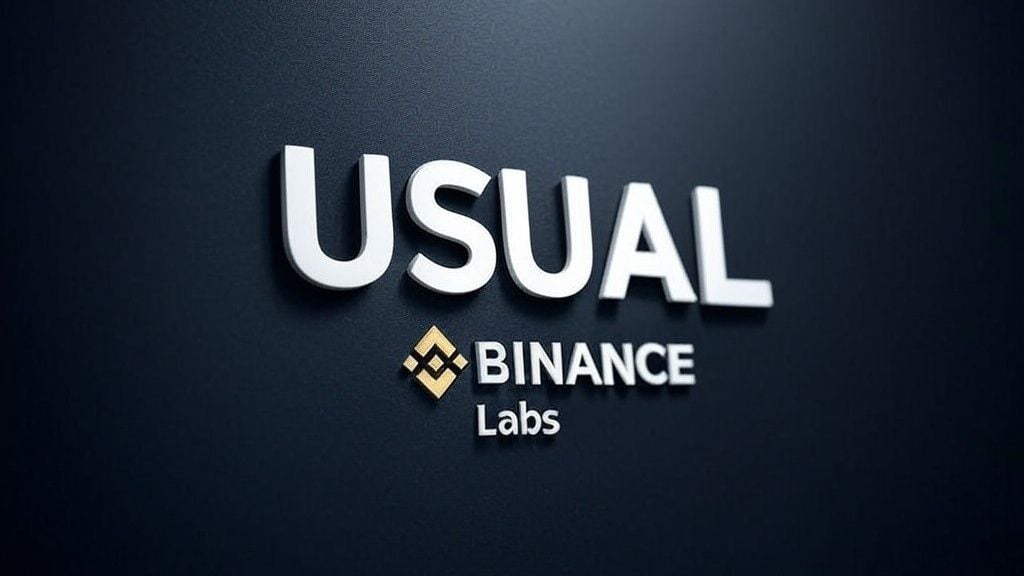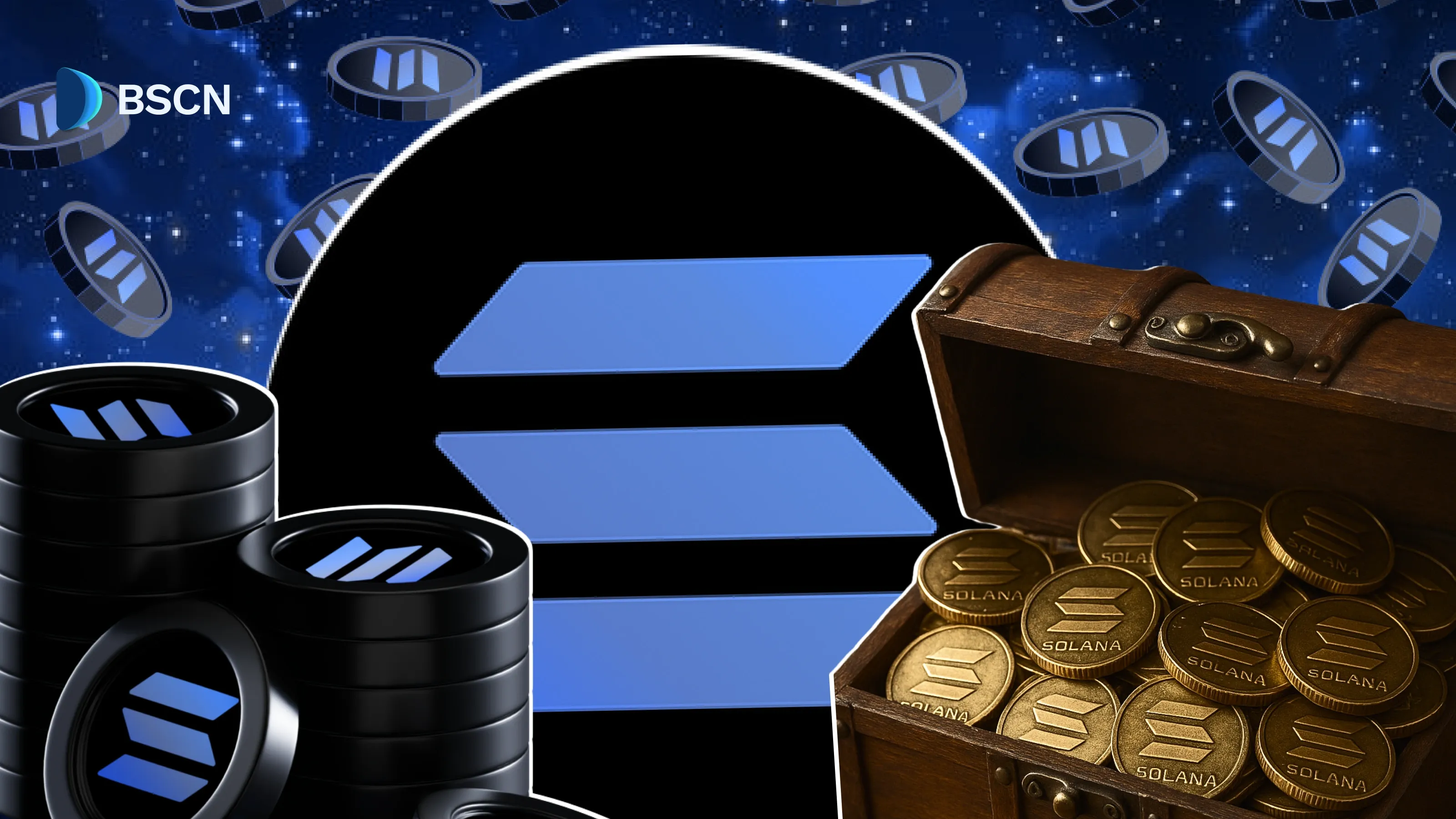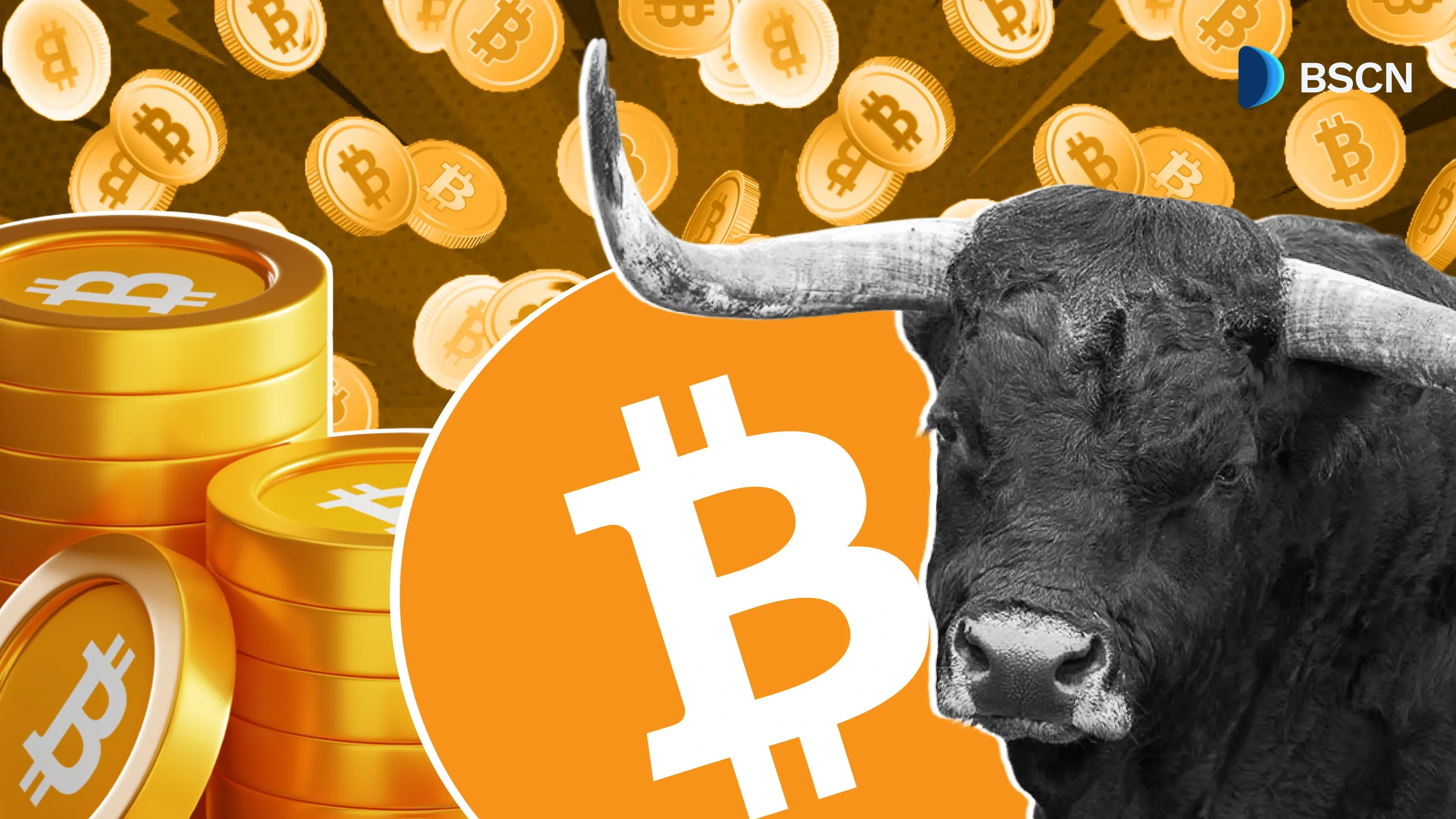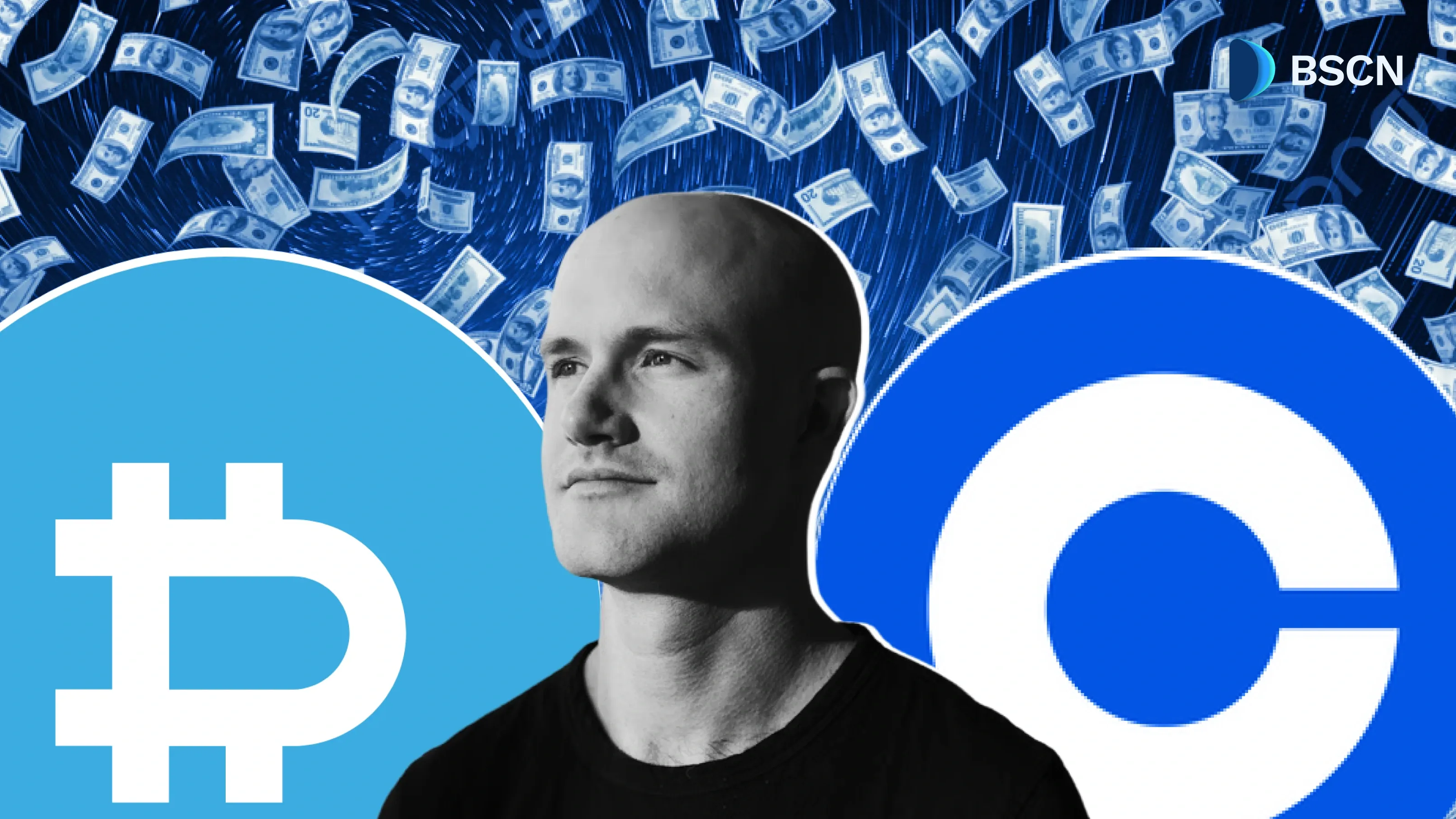WEB3
Binance Labs’ New Investment: What is Usual?

The protocol redistributes control and revenue through its governance token, $USUAL.
Soumen Datta
December 24, 2024
Binance Labs has made a significant investment in Usual, a decentralized stablecoin protocol. The $10 million funding secured by Usual during its Series A round, which also saw participation from Kraken Ventures and other leading industry players, marks an important step for the project.
A Bold Step into Stablecoins
Usual has quickly emerged as one of the most innovative players in the stablecoin market. It has already garnered significant attention, securing over $1.4 billion in total value locked (TVL) and positioning itself among the top five stablecoins globally.
While many stablecoins rely on fiat reserves held by traditional financial institutions, Usual’s model integrates Real-World Assets (RWAs) such as US Treasury Bills into the ecosystem. This approach allows Usual to tokenize physical assets, such as real estate and commodities, and bring them into the decentralized finance space. Through this process, Usual creates a stablecoin known as USD0, which is permissionless, on-chain verifiable, and fully backed by short-term bonds.
The Growing Appeal of Tokenized Real-World Assets
Usual’s success can largely be attributed to its focus on tokenizing real-world assets. By aggregating assets from reputable institutions such as BlackRock, Ondo, and Mountain Protocol, Usual enhances the liquidity of traditionally illiquid assets. This innovation reportedly provides greater access to these assets for a broader pool of investors and also boosts liquidity in the DeFi ecosystem.
However, as the team points out, while RWAs are growing in prominence, their integration into DeFi has remained a challenge. Despite the introduction of on-chain US Treasury Bills, fewer than 5,000 holders currently possess RWA assets on the mainnet, highlighting the difficulty in making these assets more accessible.
Usual aims to change this by offering a model that not only bridges traditional finance and DeFi but also redistributes value more equitably among its users. With a community-governed protocol, Usual allows holders of the governance token, $USUAL, to have a say in key decisions such as liquidity incentive strategies and risk policies.
A New Era for Governance in Stablecoins
Unlike traditional stablecoins, which rely on centralized control and fractional reserves, Usual introduces a fully decentralized governance model. By enabling users to participate in decision-making, the protocol offers a degree of control that traditional stablecoin holders have never experienced.
In the Usual ecosystem, $USUAL token holders not only influence governance decisions but also benefit from the redistribution of profits generated within the protocol. Usual pools the generated yield, which then becomes part of the protocol’s treasury. In exchange, users receive governance tokens, ensuring that the protocol’s success is shared among its community.
This approach reportedly eliminates the risks associated with commercial bank reserves and fractional reserve banking, offering a more transparent and secure alternative for stablecoin users.
The Rise of Usual’s Token
In just over a month since its launch, the market cap of $USUAL has surged to over $620 million, reflecting strong demand for the token. The price of $USUAL increased by 15%, from $1.05 to $1.20, shortly after the investment was disclosed.
The majority of $USUAL tokens are distributed to the community (90%), while only 10% is allocated to insiders and investors. This distribution model ensures that the protocol remains community-driven, with incentives aligned toward growth and long-term value creation.
Worth noting, the protocol issues $USUAL tokens based on the amount of USD0++ minted, which means that token issuance is closely tied to protocol growth. The emission rate of $USUAL is designed to be deflationary, decreasing relative to the total value locked (TVL) as new deposits are made, which enhances the scarcity and value of the token over time.
Looking Ahead: Usual’s Future Plans
As Usual continues to grow, the team is working on expanding the ecosystem and increasing the adoption of its products. One of the major upcoming events is the launch of the $USUAL governance token, with a pre-launch campaign known as the Usual Pills campaign. Users can earn points (Pills) by participating in the protocol’s activities, which will then determine their share of the $USUAL tokens during the airdrop.
Disclaimer
Disclaimer: The views expressed in this article do not necessarily represent the views of BSCN. The information provided in this article is for educational and entertainment purposes only and should not be construed as investment advice, or advice of any kind. BSCN assumes no responsibility for any investment decisions made based on the information provided in this article. If you believe that the article should be amended, please reach out to the BSCN team by emailing [email protected].
Author
 Soumen Datta
Soumen DattaSoumen has been a crypto researcher since 2020 and holds a master’s in Physics. His writing and research has been published by publications such as CryptoSlate and DailyCoin, as well as BSCN. His areas of focus include Bitcoin, DeFi, and high-potential altcoins like Ethereum, Solana, XRP, and Chainlink. He combines analytical depth with journalistic clarity to deliver insights for both newcomers and seasoned crypto readers.
Latest News
Crypto Project & Token Reviews
Project & Token Reviews
Comprehensive reviews of crypto's most interesting projects and assets
Learn about the hottest projects & tokens









